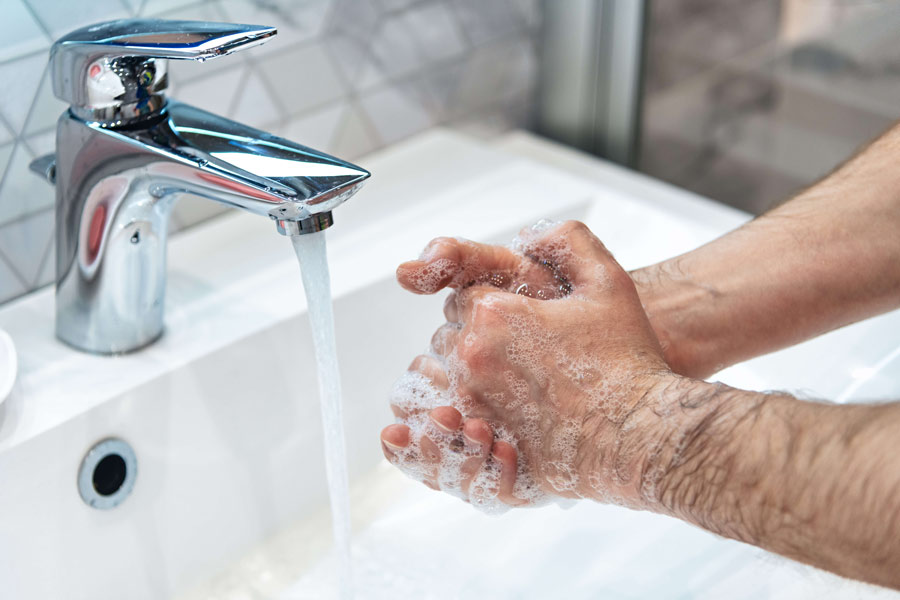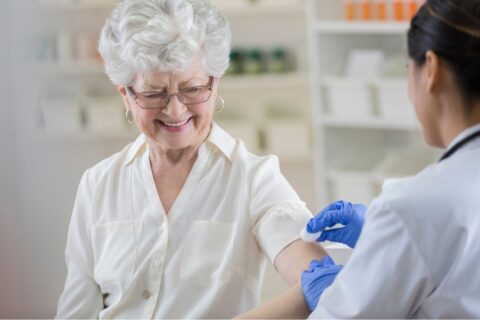The Importance of Washing Your Hands
The Health-Related Difference Made in Washing Your Hands Before Meals and After Using the Restroom
Be aware, wash with care. In all the lands, wash your hands. Soap and water go hand in hand. The list of slogans continues in hopes of teaching the importance of hand hygiene. Although most people learned the basics of hand hygiene during their toddler years, the Centers for Disease Control and Prevention (CDC) recently indicated an alarming trend, only 31 percent of men and 65 percent of women wash their hands after using the bathroom.
These numbers could suggest that a growing number of people are opting to forego traditional handwashing habits in place of other alternatives such as using hand sanitizer. The use of hand sanitizer can be a convenient option when soap and water are not readily accessible. But, according to health experts from the Mayo Clinic, washing your hands is still the best way to get rid of germs that make you sick. Further, hand sanitizers are less effective when it comes to removing dirt, grease, pesticides, and heavy metals from your skin.
In addition to cleaning your hands after using the restroom, the CDC also recommends washing them properly before food preparation, eating, treating wounds, and caring for those who are ill. Then, hand washing should always occur after changing diapers, coughing, sneezing, blowing your nose, etc., petting animals, and handling garbage. Here are a few of the infections that can spread when people fail to wash their hands:
- Norovirus
- Common cold
- Flu
- Pink eye
- Staph
- Mono
- RSV
- Strep
True or False? The CDC recommends scrubbing your hands for at least 20 seconds when washing your hands? True, but can you remember the last time you spent a full 20 seconds cleaning your hands after using the restroom? A useful time indicator is reciting the length of the alphabet twice.
After observing more than 3,700 people using public restrooms, Michigan State University researchers concluded that people only spend 6 seconds on average washing their hands. The key takeaway is that more time and effort is required to kill infection-causing germs and bacteria. The health-related differences of handwashing are significant, especially concerning school children, the senior population, and anyone else suffering from weakened immune systems around the world.
https://www.cdc.gov/handwashing/why-handwashing.html
https://www.mayoclinichealthsystem.org/hometown-health/speaking-of-health/clean-up-your-hand-washing-skills



















































































































































